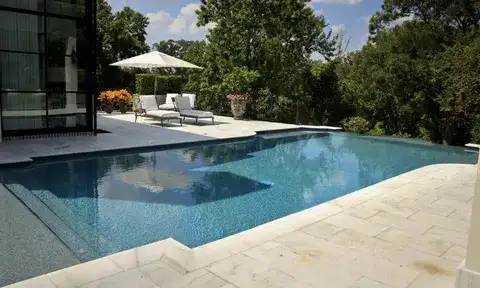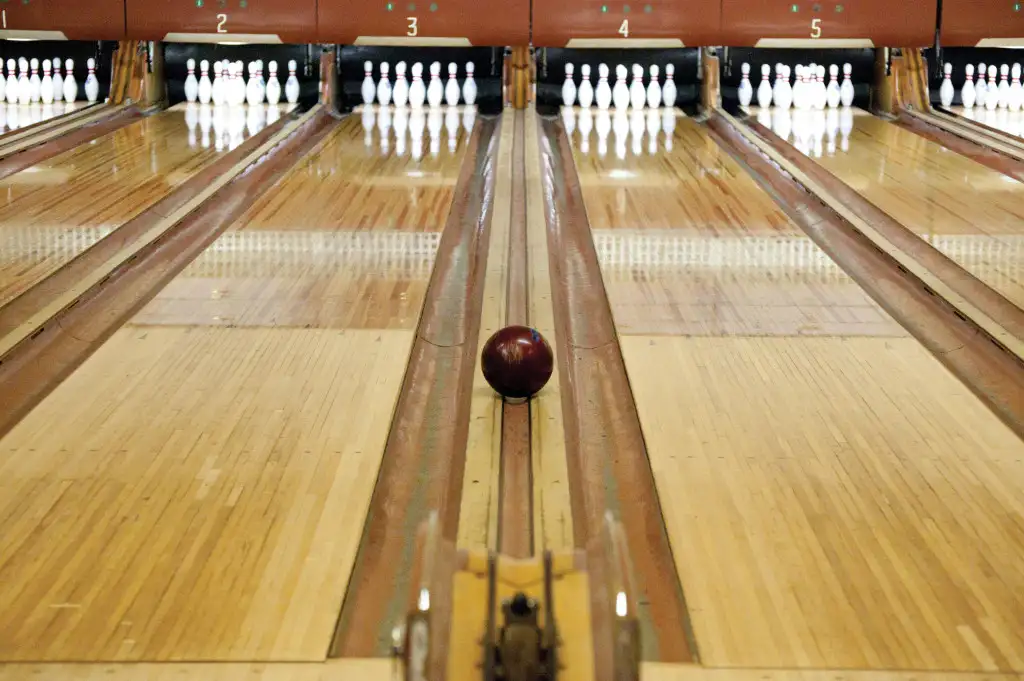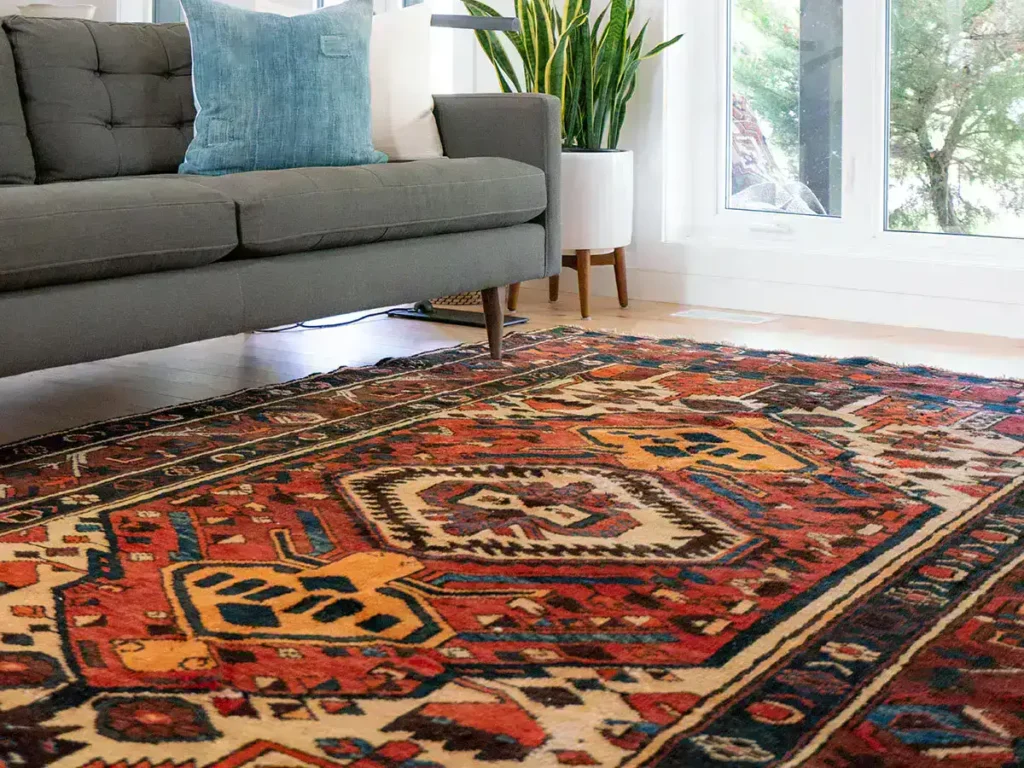Gunite swimming pools are concrete pools. They consist of a mix of sand, cement, and water shot onto a steel frame and can be molded into any shape for any space. Gunite pools are, therefore, quite strong and durable.
Are you dreaming about a lifetime pool? Then a gunite pool is for you. Its strong structure and flexibility allow you to design whatever custom hike you wish. You realize the picture you’ve had in your head all along.
Gunite swimming pools are resistant and customizable. They can be formed in any shape or size and have plaster, tile, or pebble-finish surfaces. With good maintenance, a gunite pool may last a lifetime.
What is gunite?

Gunite is a mixture of sand, cement, and water blended and sprayed on surfaces. Its dry components are pushed through a hose, and water is added just before spraying, thus permitting precise control over the mixture. After application, it cures or hardens into a solid structure.
Because of its durability and flexibility, gunite has been the pride of swimming pool construction for years. Gunite shapes pools on a framework, allowing pools to be shaped and designed into any form; properly cured gunite results in quite a strong and lasting foundation for a beautiful pool.
How is gunite used in pool construction?
Gunite is the material that defines your swimming pool. The construction processes for the gunite pool are as follows:
- Excavation: He excavated the sections for the pool according to the designed specifications.
- Plumbing Installation: Any necessary plumbing for circulation, filtration, and drainage is now installed.
- Rebar Framework: Precise geometry in engineered steel rebar is arranged within the excavation to form the structures supporting the gunite shell.
- Load Gunite Materials: Dry gunite materials, i.e., sand and cement, are loaded into special spraying devices.
- Spraying Gunite: The dry mix is transported through the hose by air compression and added along the nozzle, with water at the nozzle end, before springing onto the rebar framework.
- Curing Process: In time, applied gunite is expected to cure and harden, ensuring structural integrity.
- Plaster Application: A coat of plaster or whatever surface finish is applied to the gunite surface to have a smooth and waterproof finish after curing.
A simplified overview of forming the shape of a pool with gunite; additionally, gunite is often used in resurfacing, making concrete pool repairs, or renovations around the pool as necessary.
How long does it take to build a gunite pool?

Before discussing the exact timeline for building a gunite pool, it should be remembered that the general time for an overall build varies according to the size and complexity of the project. Gunite must dry for around 28 days before any significant step can occur, but plumbing work and prep work for all the finishing touches can happen around that shell.
The gunite pool construction process generally takes six to eight weeks. This time is spent digging, applying gunite, curing, and applying the final touches. However, it might vary because different site conditions apply to other designs.
What is the difference between shotcrete and gunite?
The most significant distinction between shotcrete and gunite is their preparation and spraying. Gunite is categorized as a dry mix; the dry cement and sand go through a hose. The spraying action is the last point before water is introduced. The spraying person carefully controls the amount of water. A wet mix comprises a blend of cement, sand, and water before it’s pumped through a hose and sprayed out. The blend is relatively even and easier to apply.
The difference between the two methods lies primarily in their respective work profiles. Both methods create very potent concrete but apply to different jobs. Gunite is the most easily customizable for shapes and, therefore, the most popular construction material for swimming pools. Shotcreting typically caters to tunnels, bridges, and walls with smooth, firm surfaces. So, gunite is the best option for pools as it is easier to shape, but both are great choices.
How to maintain a gunite pool?
Considered a value addition to your backyard, a gunite pool will require maintenance to keep it in top shape. The good thing is that maintaining a pool is much simpler than it seems. Keep following the below for clean and long-life pools:
- Brush and Vacuum Regularly: Stains and debris cover the walls and bottom surface of the pool with dirt, algae, and others. Weekly brushing keeps the surfaces stain-free and smooth. Since it is a pool vacuum cleaner, an automatic cleaner makes it easy.
- Balance the Water: The pool’s pH, chlorine, and alkalinity levels should be tested weekly. Balanced levels protect the gunite surface from damage, cloudy water, and scaling.
- Watch for Small Cracks: Gunite is a strong material; however, small cracks may appear over time. Early detection will prevent more significant and more serious problems later. Inspect your pool surface frequently, and deal with any damage immediately.
- Maintain Proper Water Levels: Low or High water can put a lot of stress on a pool’s structure. Hence, it is essential to maintain the water within its levels to avoid any unnecessary wear and tear.
- Get Professional Inspections: Even with a yard of regular maintenance, a professional visit is much more helpful in spotting such problems that a general pool owner might miss. The pool technician will be able to check the equipment, test the water, and ensure that everything runs smoothly.
As a relaxing and fun swimming place, your gunite pool will last many years. And if you ever need any help, pool professionals are always available for expert advice and service.
Why choose a gunite pool?
By now, you already know what gunite means, so why gunite pool for your backyard? Here are five main reasons:
1. Endless Customization
Gunite pools are the ultimate freeform design. You can have them in any shape, size, depth, or additional features such as waterfalls, tanning ledges, and built-in seating that make your dream pool precisely that.
2. Superior Strength
Gunite is sprayed so that it forms one continuous shell. There is no weak point, which means it is more resistant to cracking and, hence, durable for decades.
3. Efficient Construction
With gunite, there is more control in mixing and application than other forms of swimming pool building. That almost translates to a less complicated building process and fewer hiccups.
4. Greater Depth Options
Gunite pools can be dug more deeply than any other type because their strong shell bears the compaction forces from the surrounding earth. Therefore, it becomes the ideal pool for diving or larger pools.
5. Cost-Effective Investment
In time, this type of pool has become quite affordable to build due to its longer life, customization, and strength compared to a traditional reinforced concrete alternative. Hence, it becomes an asset to your home.
Are you looking for the perfect material for your pool? Trust us to help you out here at Morehead Pools. Being a member of the Master Pools Guild, we rank among the leading pool builders in Bossier City and Shreveport. Our experts would love to discuss how your vision can be realized today!
Conclusion
Using a sprayer over a steel frame, a gunite swimming pool combines concrete and sand. This creates a durable pool that can be shaped to any size and configuration.
Gunite swimming pools are attractive because they are indestructible and, when properly maintained, can last several decades. Routine cleaning and resurfacing help keep pools in shape. Many homeowners are attracted to them because of their beauty and strength.
FAQS
Q1. What are the disadvantages of a gunite pool?
Gunite pools are expensive compared to other types. They take longer to install and require regular maintenance. Resurfacing is necessary every 10–15 years.
Q2. What is the lifespan of a gunite pool?
A well-cared-for gunite pool can last over 50 years—cleaning, resurfacing, and maintaining it. Without proper care, damage may get significant.
Q3. How do you tell if a pool is gunite?
Gunite pools have a rough, solid concrete shell. Unlike vinyl pools, they don’t come with a liner and don’t feel as hard as fiberglass pools.
Q4. Do gunite pools crack?
Yes, small cracks will appear. Most surface-level cracks don’t affect the structure, and proper installation and care usually prevent big cracks.
Q5. What kind of swimming pool is best?
Gunite pools are the most suitable for modification and longevity. Fiberglass pools require the lowest maintenance, and vinyl pools are the cheapest.


